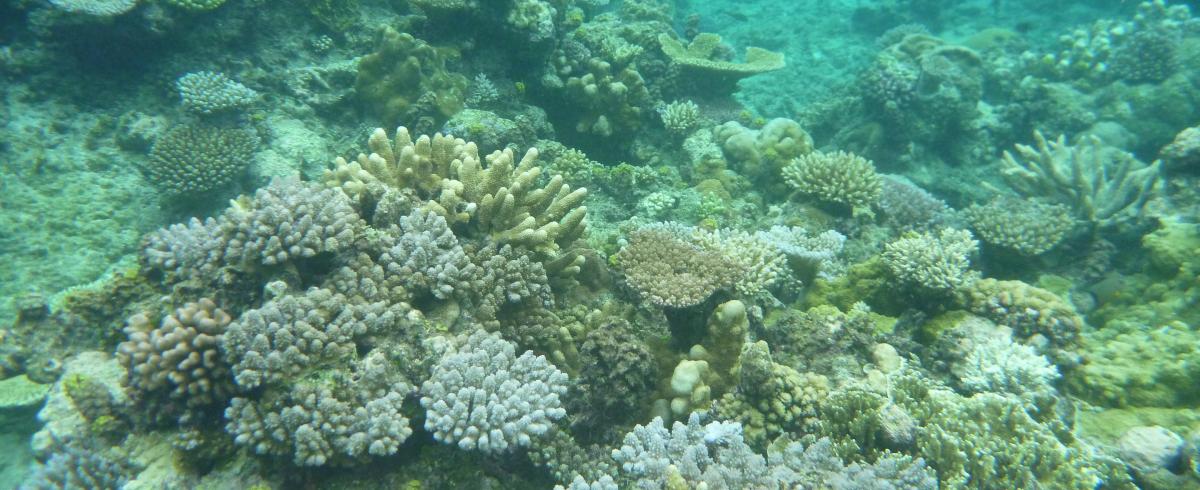We tracked the impacts of COVID-19 on aquatic food value chains in Bangladesh, Egypt, India, Myanmar and Nigeria during 2020. We assessed the availability and price of aquatic foods and production inputs using a high frequency panel survey of 767 actors from eight value chain nodes. We also conducted semi-structured phone interviews with 63 respondents in Bangladesh and online interviews with 100 aquatic food value chain actors and key informants from 17 sub-Saharan African countries. This information provides insights into the pathways by which the crisis has affected aquatic food value chain actors, the scale of those impacts and how they have adapted. These findings give rise to policy recommendations aimed at mitigating impacts in the present, assisting recovery and building a more resilient aquatic food system in the future.

